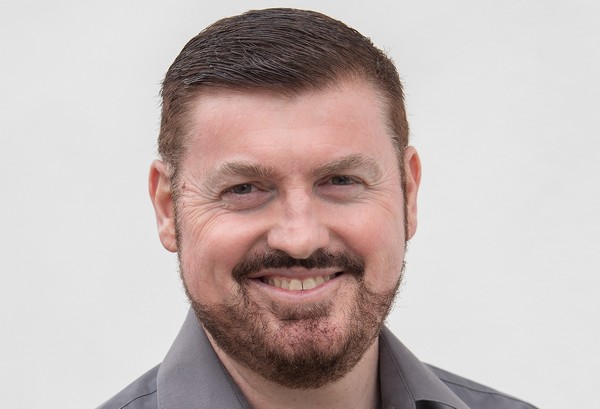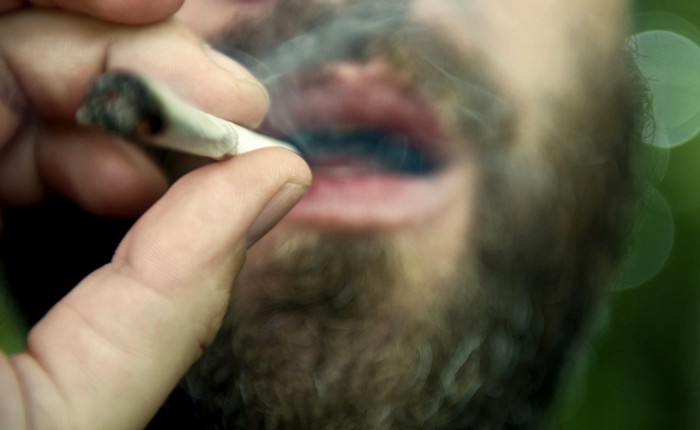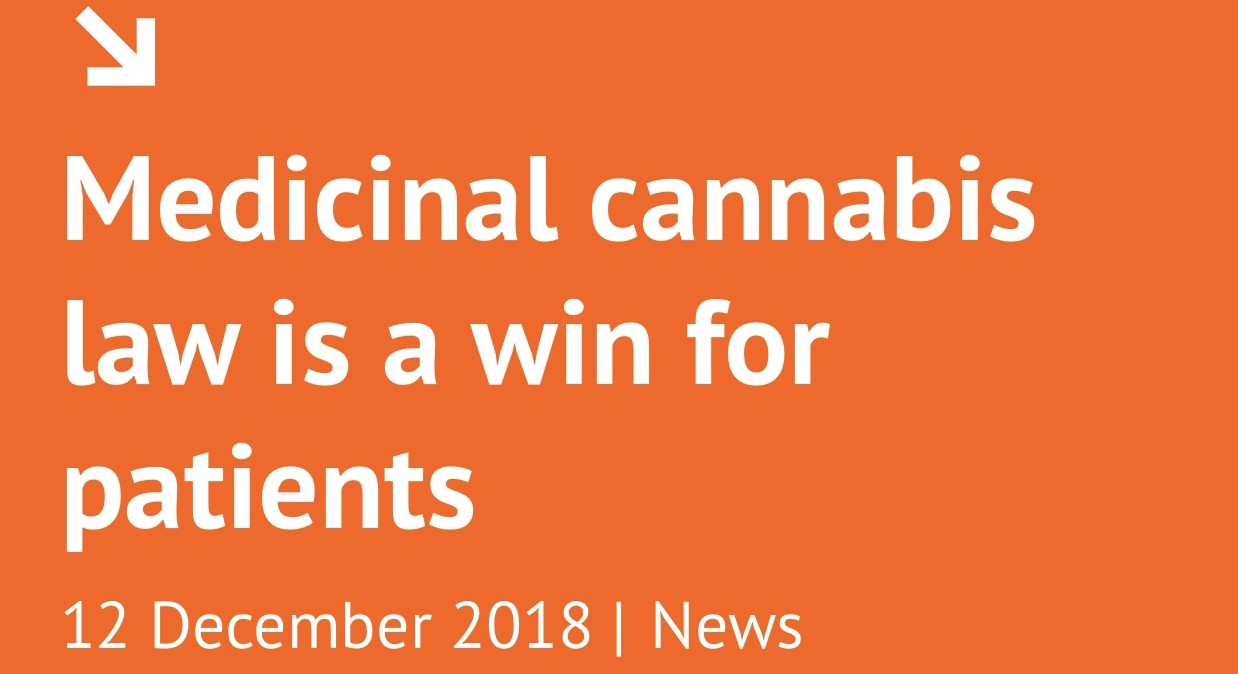
Dr Dale Bramley is a public health physician and chief executive of Waitemata District Health Board.
NZ Herald 11 April 2014
Our additional comment:“As the district health board (DHB) responsible for running drug and alcohol addiction therapy services for the Auckland region, our staff see the clinical and social impacts of cannabis use on a daily basis. More than 14,000 clients are seen by our Community Alcohol and Drug Services each year. Of these, more than 15 per cent present with issues relating to cannabis use. There may be a perception that cannabis is benign. But staff running mental health, addiction and emergency services can tell you beyond doubt that it’s otherwise. We see on a daily basis the issues that cannabis use can have for people in their daily lives. Our clinicians see how it can exacerbate existing issues such as mental illness and dependencies on other substances, and how it is associated with poorer overall health… Let’s not convey the message – especially to our young – that cannabis is harmless. It is not. Any initiative that potentially makes cannabis more freely available will only further increase the burden of medical, psychological and social problems cannabis use has on our health system and our communities.”
The ban last month of so-called legal highs came as a welcome relief to staff at Waitemata District Health Board, particularly our doctors, nurses and mental health workers who see first-hand the effects synthetic cannabinoids can have.
As the discussion around synthetic cannabinoids evolved in the public sphere, it was not unexpected that talk would soon turn to the issue of decriminalising cannabis.
As the district health board (DHB) responsible for running drug and alcohol addiction therapy services for the Auckland region, our staff see the clinical and social impacts of cannabis use on a daily basis.
More than 14,000 clients are seen by our Community Alcohol and Drug Services each year. Of these, more than 15 per cent present with issues relating to cannabis use.
There may be a perception that cannabis is benign. But staff running mental health, addiction and emergency services can tell you beyond doubt that it’s otherwise.
We see on a daily basis the issues that cannabis use can have for people in their daily lives. Our clinicians see how it can exacerbate existing issues such as mental illness and dependencies on other substances, and how it is associated with poorer overall health.
Cannabis smokers often have the same respiratory problems as those of tobacco smokers, such as daily cough, more frequent acute chest illness, and a heightened risk of lung infections. Simply put, people who smoke cannabis have more health problems and miss more days of work than those that don’t.
The link between chronic cannabis use and mental illness is well-proven. A substantial number of individuals presenting to our mental health services have their presenting problem complicated or worsened because of the use of cannabis.
Smokers of cannabis are about 2.6 times more likely to have a psychotic episode than non-smokers.
READ MORE: https://www.nzherald.co.nz/nz/news/article.cfm?c_id=1&objectid=11271358
 Keep up with family issues in NZ.
Keep up with family issues in NZ.
Receive our weekly emails direct to your Inbox.
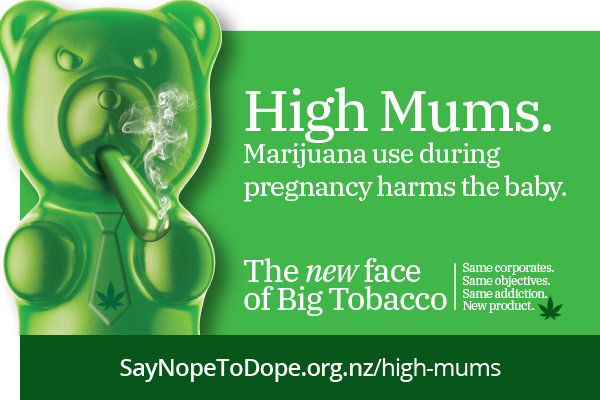


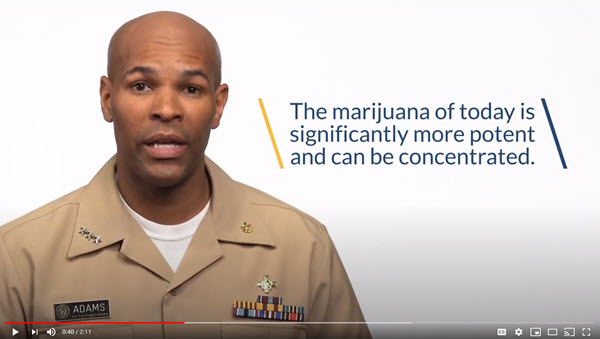
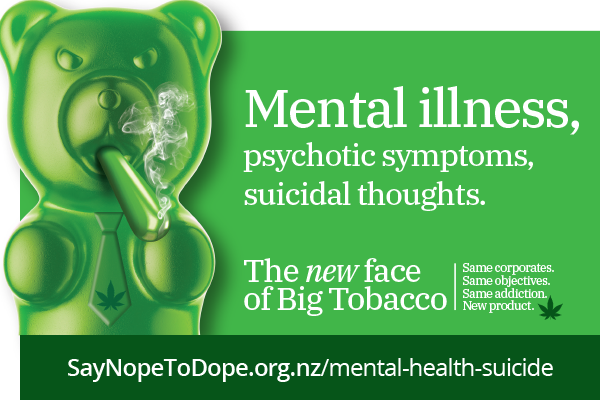
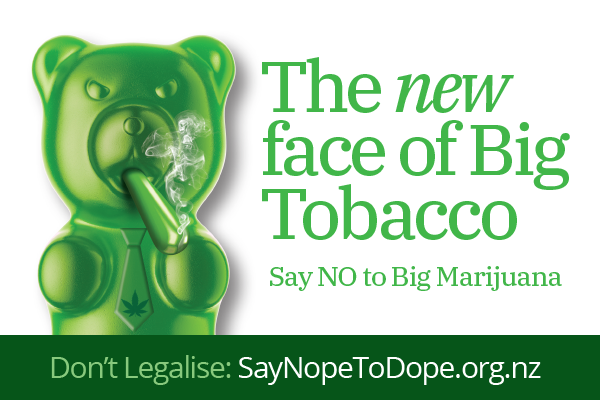

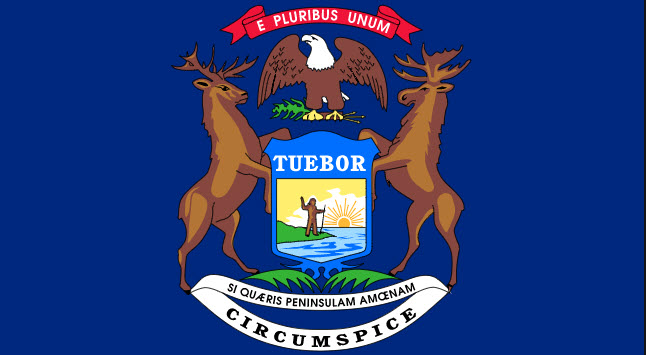
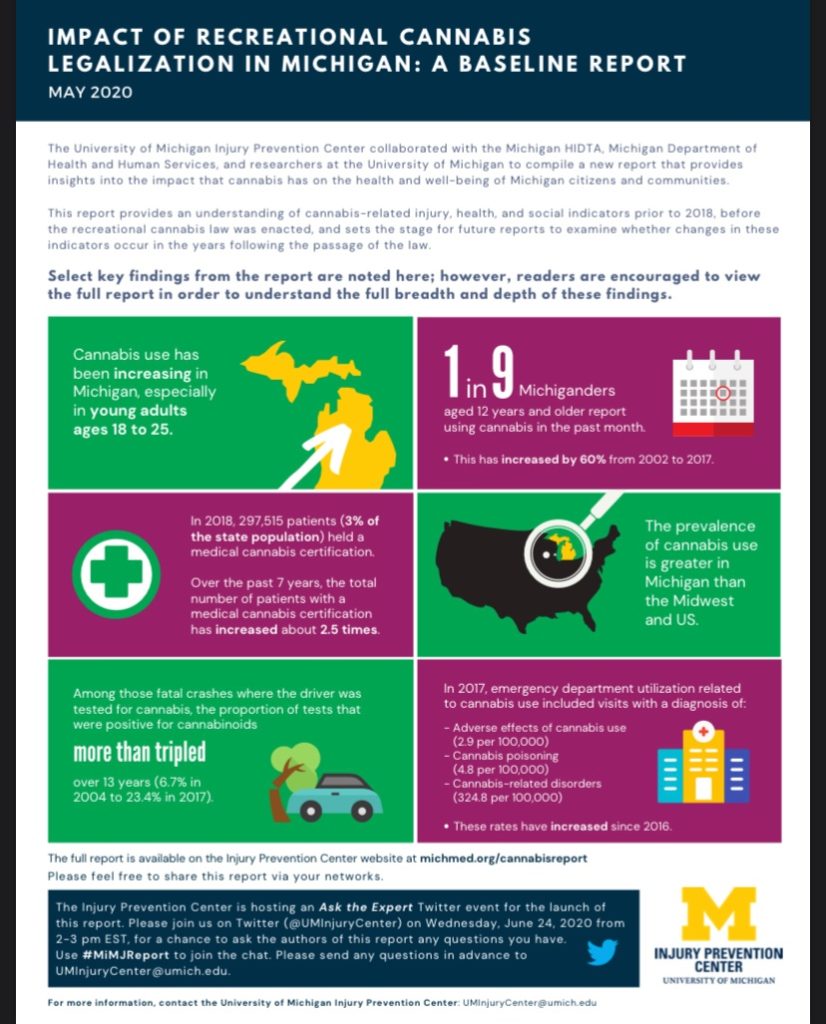 Michigan legalised marijuana in
Michigan legalised marijuana in 
